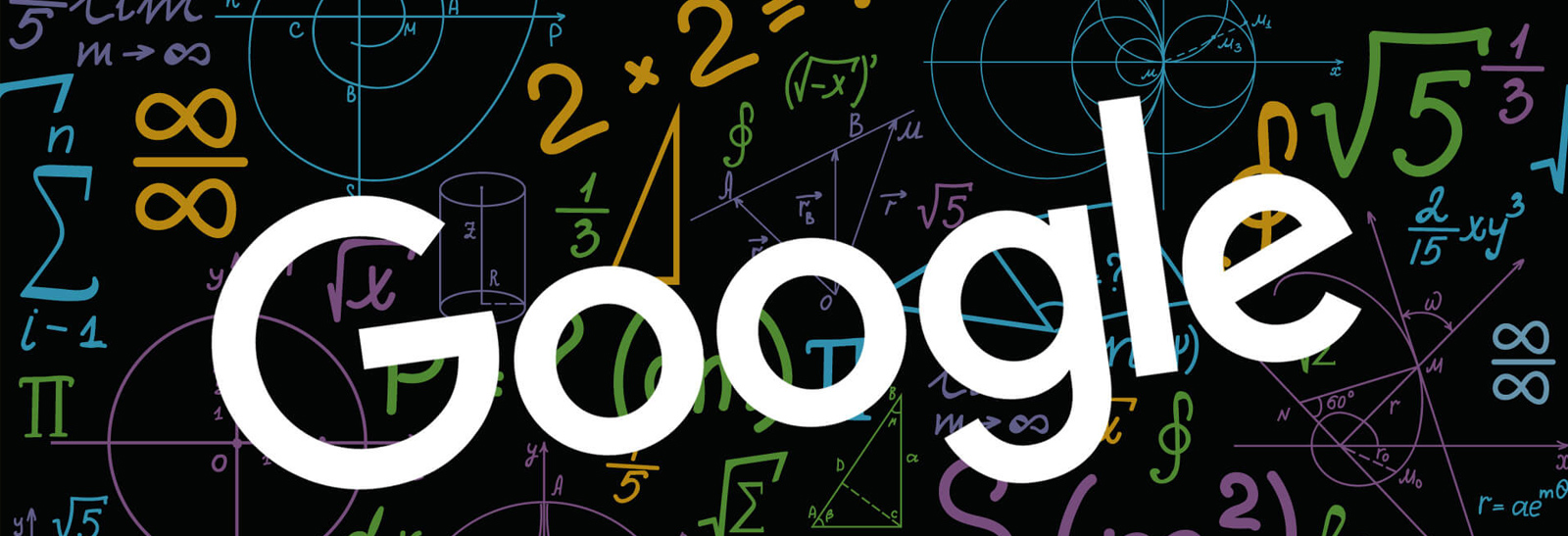 In a recent article published by technology news outlet The Verge, Google’s search algorithms are once again put to the test. The article, titled “Best Printer 2024,” is a 700-word piece that combines content generated by Google Gemini with a healthy dose of sarcasm. Surprisingly, this unconventional approach has allowed the article to outrank more in-depth and well-researched content created by human writers at other publications.
In a recent article published by technology news outlet The Verge, Google’s search algorithms are once again put to the test. The article, titled “Best Printer 2024,” is a 700-word piece that combines content generated by Google Gemini with a healthy dose of sarcasm. Surprisingly, this unconventional approach has allowed the article to outrank more in-depth and well-researched content created by human writers at other publications.
This is not the first time The Verge has employed this strategy. Last year, they released a similar article titled “Best Printer 2023,” which also managed to rank highly on Google’s search results. This latest experiment by The Verge raises questions about Google’s emphasis on human-authored content and whether it truly values experience, expertise, authoritativeness, and trustworthiness in its rankings.
Despite the unconventional approach, The Verge’s article does manage to answer the question of the best printer for 2024. According to the article, the answer is simply “whatever random Brother laser printer that’s on sale.” While presented in a ludicrous manner, this response showcases the arbitrary nature of the question and perhaps highlights the limitations of relying solely on search algorithms for answers.
The article itself is a departure from standard SEO best practices. Instead of adhering to keyword optimization and subheadings, The Verge embraces a more abstract and sarcastic tone. This approach seems to have paid off, as the article currently ranks at Position 2 on a search for “best printer 2024” and even reaches Position 1 when logged in.
Google’s response to articles like this is interesting. John Mueller from Google acknowledges that user interactions, such as clicks, play a significant role in determining rankings. The Verge’s reputation as an authoritative tech publication likely contributes to its success in this regard.
The Verge’s Editor-in-Chief, Nilay Patel, has been vocal about the potential issues arising from AI-generated content that aims to manipulate search algorithms. He believes that the web is becoming overrun with such content, and his article’s ranking is a testament to this phenomenon. Patel points out that the architecture of the web is designed to meet Google’s specifications, and content creators must prove their intelligence within those constraints.
In conclusion, The Verge’s latest experiment with Google’s search algorithms raises questions about the importance of human-authored content and whether experience and expertise truly matter in rankings. The success of their article, despite its unconventional approach, suggests that user interactions and reputation play a significant role in determining rankings. As we move forward, it will be interesting to see how Google responds to the challenges posed by AI-generated content and how content creators adapt to meet the evolving demands of search algorithms.
